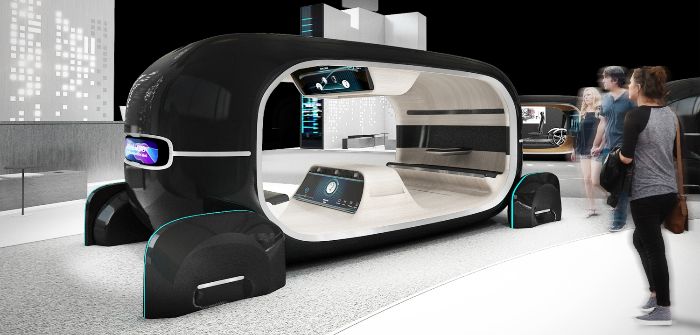As autonomous cars of the future take care of the work of driving and drivers increasingly become passengers, the cabin will become a place that’s more important than ever. To keep pace with this changing trend, Kia Motors has developed a new in-car technology that is able to assess the emotional state of an occupant and optimize and personalize the cabin space to improve their experience.
Set to be unveiled at the Consumer Electronics Show in Las Vegas in January, Kia’s Real-time Emotion Adaptive Driving (READ) system is said to be the motoring industry’s first technology that uses artificial intelligence-based bio-signal recognition technology to analyze and monitor a passenger and change the cabin environment with settings which can play upon human senses.
“We have developed READ System to create an interactive future mobility in-cabin space by converging cutting-edge vehicle control technology and AI-based emotional intelligence. Consequently, READ System will enable continuous communication between drivers and vehicles through the unspoken language of ‘emotional feeling’ thereby providing an optimized human senses-oriented space for drivers in real time,” said Albert Biermann, head of research and development division, Hyundai Motor Group.
The system was created in a joint effort with the Massachusetts Institute of Technology (MIT) Media Lab’s Affective Computing Group and is one of several new vehicle technology concepts on show as part of the brand’s emotive driving exhibit developed for the post-autonomous driving era.


